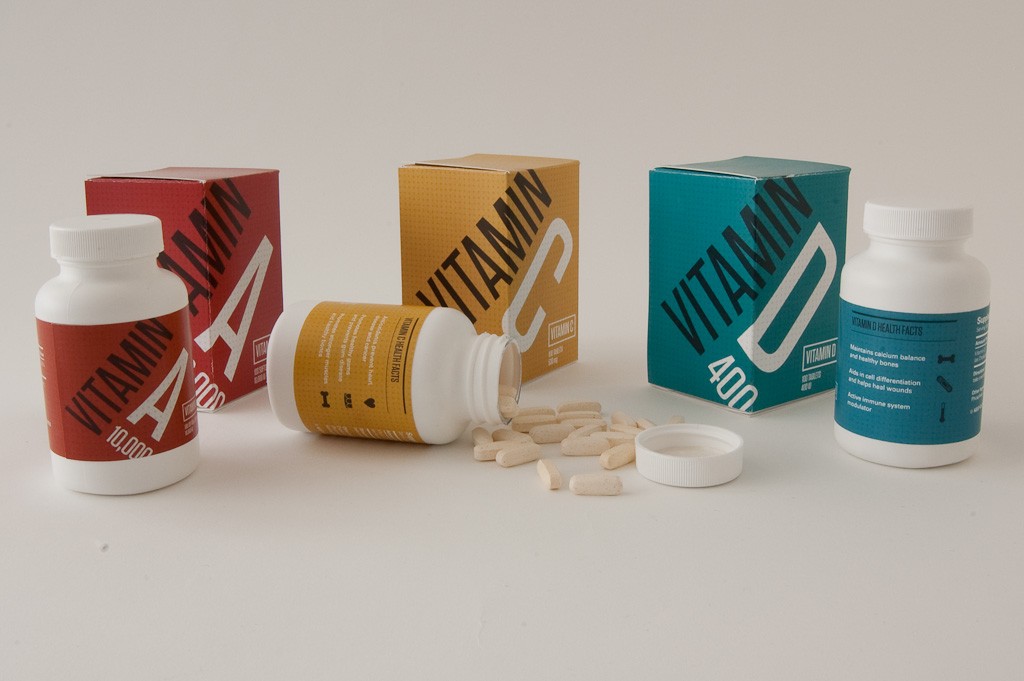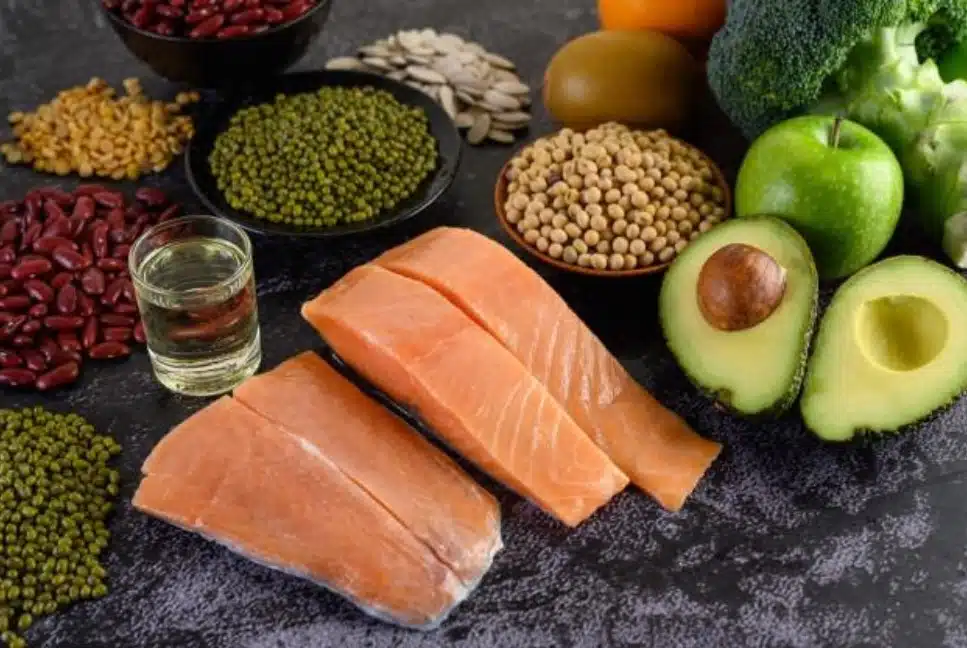What are vitamins? These are thirteen organic compounds that the body needs for normal growth and healthy life. Most vitamins work as a support group for enzymes – proteins that speed up chemical reactions in the body. But some vitamins, such as vitamin B6, can control chemical reactions themselves.
It is impossible to live without vitamins because, without their participation, the chemical laboratory inside us is not able to fully work. Doctors recommend taking multivitamins everyday. But in order for the reactions to proceed correctly and in a controlled manner, there must be exactly as many vitamins as needed.
If there are not enough vitamins, chemical processes go too slowly or stop altogether. For example, if a child eats monotonously or starves, he may not have enough vitamin A. As a result, the synthesis of the visual pigment rhodopsin is disrupted, so the patient’s vision deteriorates and he risks going blind.
But if there are too many vitamins, this also does not benefit the body. For example, if a person frequently takes nutritional supplements, they can get an excess of vitamin A. As a result, the extra vitamin accumulates in the liver and poisons it.
All vitamins are divided into two groups: fat-soluble (vitamins A, D, E and K) and water-soluble (vitamins B and vitamin C). Fat-soluble vitamins are not destroyed by cooking and are stored in the liver and adipose tissue. They are able to accumulate in the body – because of this, they are easier to poison. Water-soluble vitamins are destroyed by heat treatment of food and in bright light and are excreted in the urine, so they do not accumulate in the human body.
Can vitamins be considered medicine?
Dosage forms of vitamins do exist. But vitamins treat only beriberi – diseases associated with a deficiency of a particular vitamin. Evidence that vitamins help treat diseases not related to beriberi is not yet available. Thus, the appointment of vitamin A is unlikely to alleviate the symptoms of prostatitis, and vitamins C and D do not reduce the duration of a fever with a cold.

How many vitamins do we need?
People of different sex, age and with different health conditions have different needs for vitamins.
Government organizations of different countries establish different daily intakes of vitamins for citizens – based on national nutritional habits and the characteristics of the geographical location of the state. I will rely on the guidelines for rational nutrition developed by Rospotrebnadzor. They generally comply with international clinical guidelines developed by the World Health Organization (WHO).
Units of measurement of vitamins
The amount of vitamins is usually expressed using three types of units. These are milligrams and micrograms, and for some vitamins – international units (IU or IU in English). Physicians use international units to standardize prescriptions.
The amount of a substance that makes up one international unit depends on its activity in the body, so each vitamin has its own IU value. For example, 1 IU of vitamin D is equal to 0.025 mcg, and 1 IU of vitamin C is 50 mcg.
Types of vitamins
Here’s a short list of the most important vitamins.
Vitamin A
Vitamin A or retinol is responsible for the condition of the skin and vision, protects the mucous membranes and normalizes hormonal levels, and is also an antioxidant. You can replenish retinol with carrots, sour-milk products, egg yolk, radishes, tomatoes, red peppers.
Vitamin E
Tocopherol or vitamin E has anti-inflammatory properties, maintains skin elasticity and hormonal metabolism. It is a powerful immunomodulator that helps strengthen the immune system. It can be found in vegetable oils: sunflower, olive, grape seed, soybean, corn, pumpkin, linseed, as well as nuts, buckwheat, liver, asparagus and whole grain cereals.
Vitamin C
Vitamin C, better known as ascorbic acid, prevents the penetration of infections into the body, and also affects the metabolic processes in the body. Ascorbic acid must be taken every day because it is not produced by the body. Vitamin C is found in citrus fruits, pineapples, kiwi, apples, strawberries, mangoes, cabbage, peppers, garlic, parsley, sorrel. Vitamins A, C, E are perfectly compatible with each other, they enhance the positive impact and digestibility. However, vitamin A should be more than vitamin E, otherwise its absorption will be impaired.
Vitamin D
Vitamin D or calciferol is indispensable for the formation of a healthy skeleton, is involved in mineral metabolism and affects the deposition of calcium in the bones. The need for calciferol is provided by ultraviolet radiation, therefore, in the cold season, additional sources are required: fish, butter, cheese, egg yolk, caviar.

Vitamin B
B vitamins: B1, B2, B3, B5, B6, B7, B9, B12 – normalize the functioning of the nervous and cardiovascular systems, improve bowel function and skin condition. These vitamins are involved in all processes occurring in the body. Vitamins of this group are also not produced by the body, so you should replenish them by eating beef liver, pink salmon, chicken eggs, chicken meat, veal and red caviar, pistachios and sunflower seeds. Vitamins B2 and B6 are well combined with each other, and B5, B9 and B12 are also combined.
Conclusion
With the right combination, the effect of taking vitamins will be more significant than when they are taken separately. Therefore, a balanced diet and maintaining water balance help to provide the body with the necessary elements. In addition to taking vitamins, strengthening the immune system helps to maintain physical activity, for example, not only playing sports but also jogging. If, according to the doctor’s prescription, it is required to take vitamin complexes and supplements, then you should not use more than the daily dose – an overdose of vitamins is dangerous and can cause various diseases.
